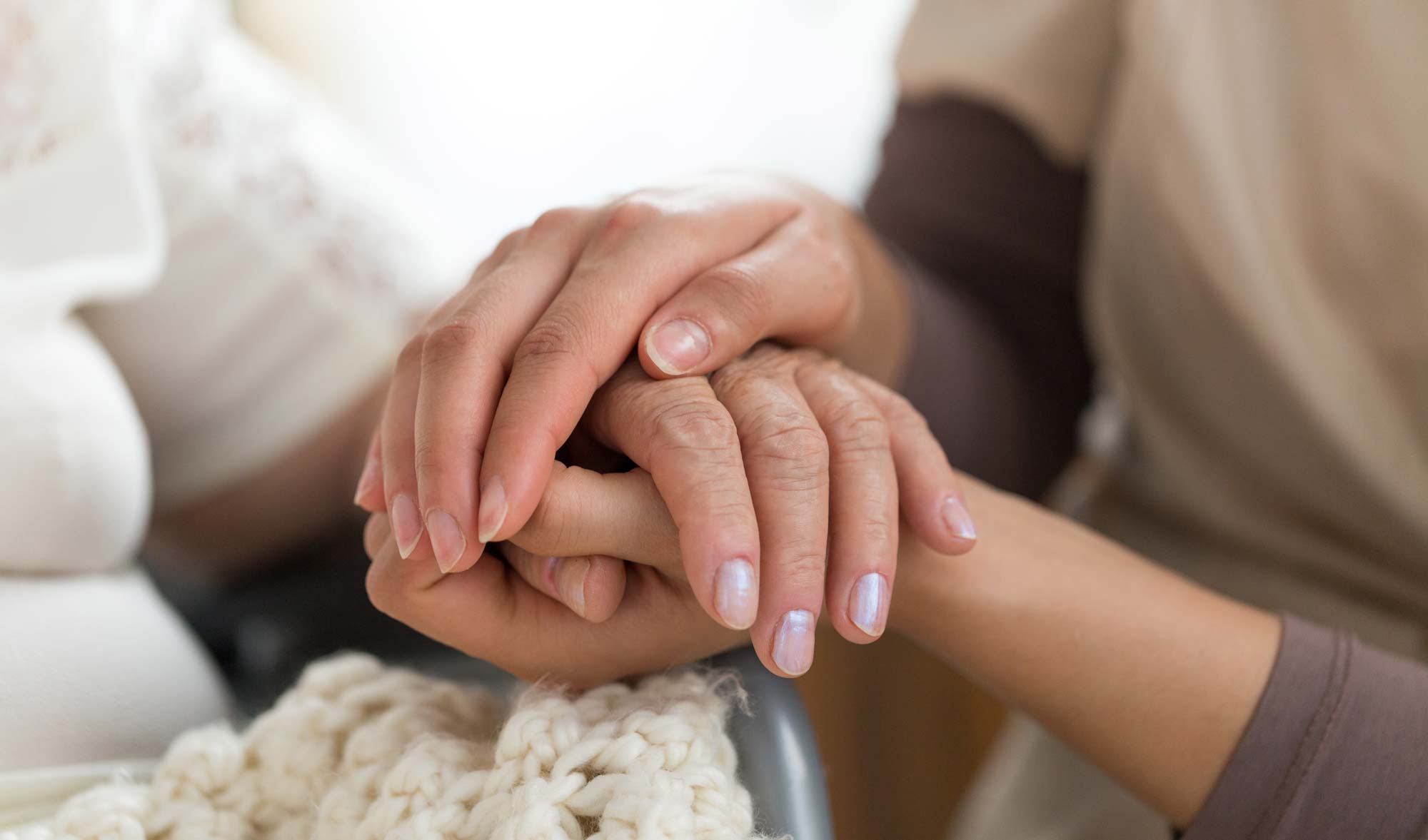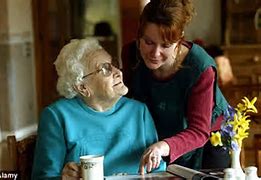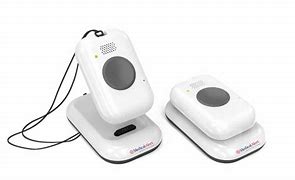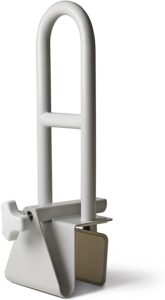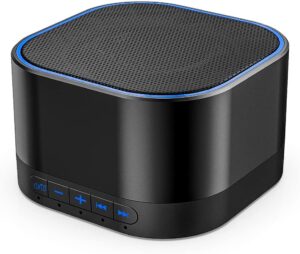1. Chronic Fatigue Syndrome
Your blood and many other bodily fluids are comprised of water; when you are dehydrated, these become thicker and less diluted. That, in turn, means that you won’t be able to get the necessary oxygen and nutrients around the body as needed. Lack of nutrients is just one factor that can make you feel tired, run-down, and sluggish. Another is a lack of essential neurotransmitters and even a lack of nutrients, as the gut is less able to digest nutrients due to a lack of digestive enzymes. In short, you can feel sluggish and tired, described as CFS – or chronic fatigue syndrome if you’re tired and don’t know why to consider hydration the issue!
2. Constipation
Dehydration is one of the most common causes of constipation. That’s because dehydration causes stool to become dried out, preventing it from passing through the bowels. Drinking more water is one of the best ways to solve constipation, as is consuming any food that is high in oils, such as fish or avocado – this can help to lubricate the stool and encourage it to pass.
3. Headaches
A headache can have a myriad of causes, but one of the most common is for it to be caused by dehydration. When the brain is dehydrated, this can cause it to shrink due to the lost fluid – just like a sponge. The lost fluid causes the brain to pull away from the skull, resulting in discomfort and difficulty thinking. Dehydration can also lead to inflammation in the brain, which has recently been linked to depression and other mood disorders. Often our mood is related to our biology, so if it’s not dehydration, it might be low blood sugar!
4. Thirst
If you feel very thirsty, then there is a good chance that you need more fluids! On the other hand, if your mouth and throat feel dry and you crave juice or water, don’t deny your body and drink.
5. Rapid Heartbeat
If you are very dehydrated, then your body will start to struggle. Blood pressure will likely decrease, the heart rate will increase, and breathing will also become more rapid. At the same time, body temperature is likely to go up, which the body will fight to try and cool back down.
6. Urinary Tract Infections
There are obvious reasons for this: essentially, when we are dehydrated, we will, of course, be likely to need the toilet less often. Not only that, but the urine is less diluted than we have already seen. For these reasons, bacteria that should be flushed out can multiply in the urinary tract, leading to an infection.
There are many causes of urinary tract infections, but if you find the condition chronic, you may benefit from assessing your drinking habits.
7. Dry Eyes
Your eyes can also dry out due to your tear ducts not having the fluid they need to create moisture. This can result in them looking red and bloodshot, and dehydration are among the most common causes of bloodshot eyes. You might also notice that fewer tears come out if you cry!
Oh, and to make things worse, dehydration is also one of the reasons for bags appearing under the eyes and giving you that puffy look. It’s highly responsible for us looking rough first thing in the morning! If you want to wake up looking stunning, drink more!
8. Dry Mouth
Like thirstiness, you might notice that your mouth feels parched when dehydrated. This is because your body needs fluid to create saliva, which usually moistens the mouth.
You are most likely to notice this first thing in the morning. This can cause you to struggle to eat certain foods, leading to halitosis. That’s because saliva serves several vital roles: acting as the first stage in your digestion to help you dissolve and break up food via enzymes and allowing you to clean your mouth and kill bacteria with its antiseptic properties.
Seeing as bacteria cause bad breath, a lack of hydration can cause it to get worse. In the long term, consistent dehydration can cause you to increase your likelihood of tooth decay.
9. Cramps
Dehydration is responsible for a cramp as it alters the balance of electrolytes. The ratio of electrolytes like sodium, calcium, and potassium, along with the water in your system, is responsible for keeping your muscles functional.
When you become dehydrated, and that ratio is skewed, you can end up experiencing cramping and spasming, which can be very painful. This is especially common at night, following exercise, and especially when swimming – when you are likely dehydrated!
The best way to solve this problem is with an isotonic drink with the same balance of electrolytes and water as in human blood.
- Inability to Lose Weight
If you feel very thirsty, there is a good chance you need more fluids! If your mouth and throat feel dry and crave juice or water, don’t deny your body and drink. That’s because not drinking enough encourages the cells to store more water, giving you a puffy look that appears fat. Simply being better hydrated can make you instantly appear more toned.
Written by Marissa Newman 2/17/2023
